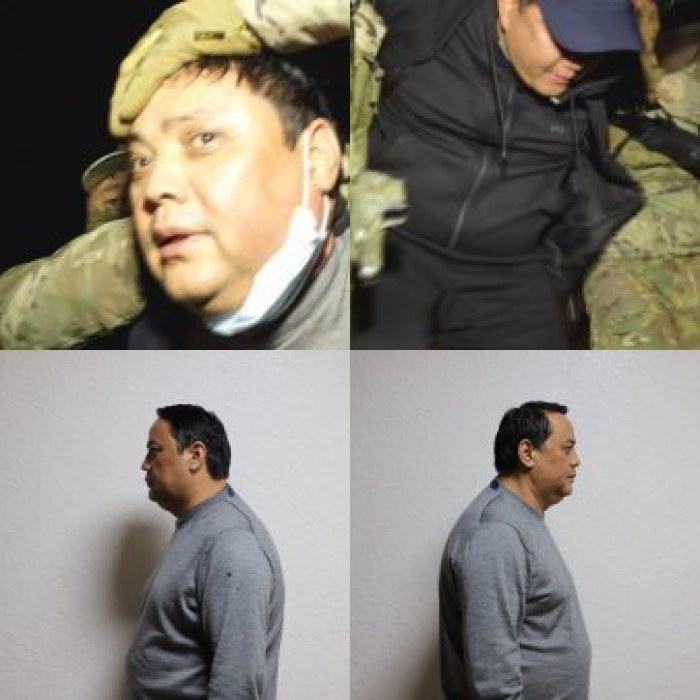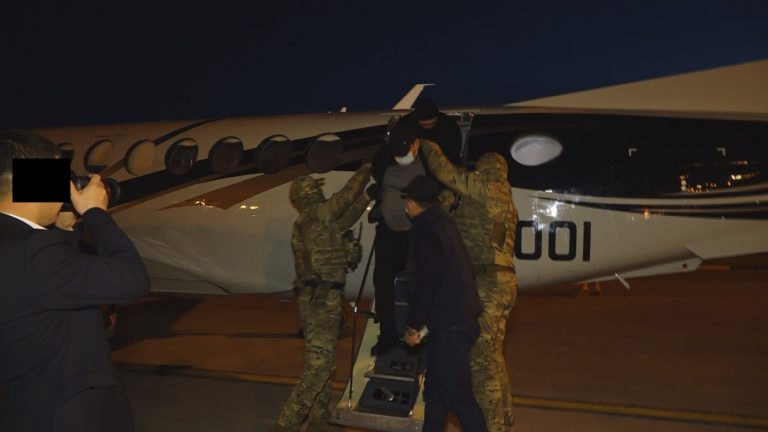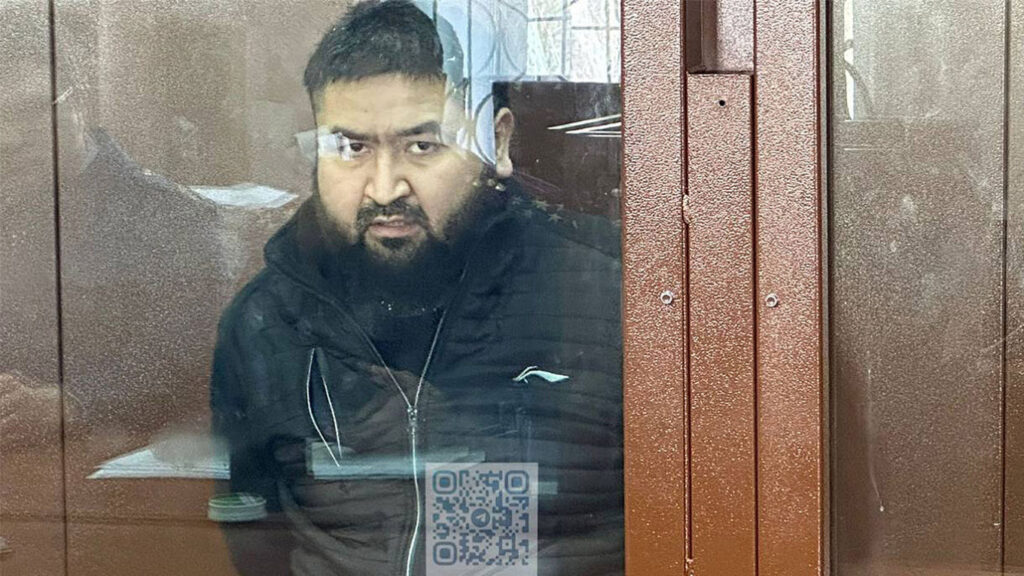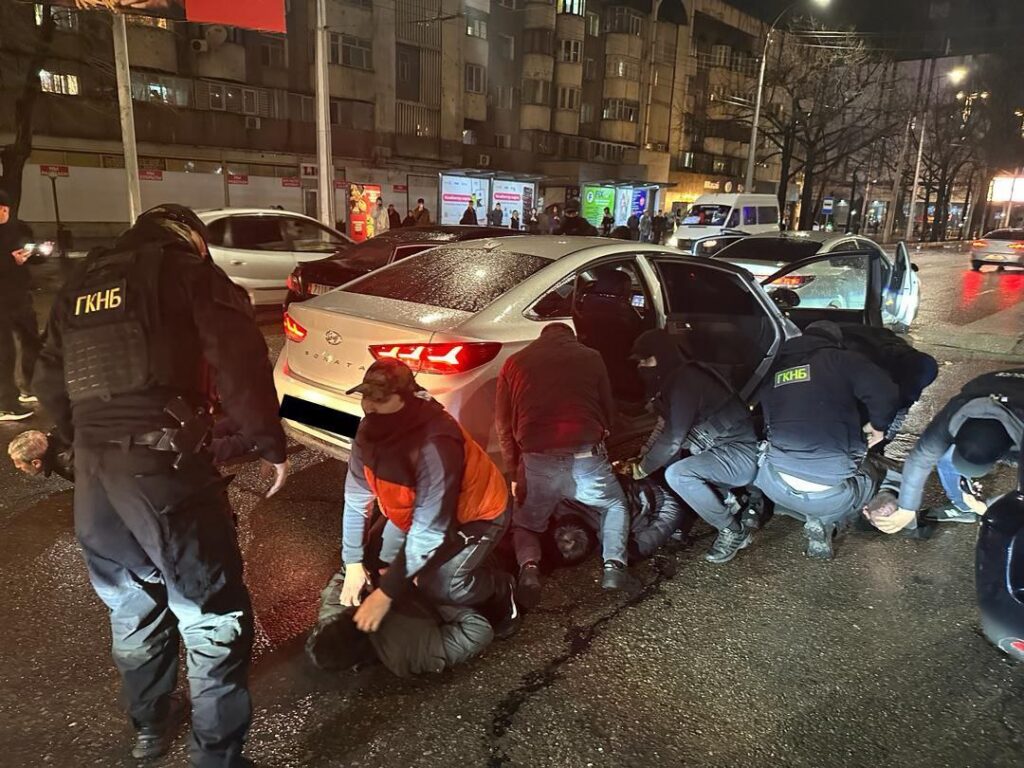Kyrgyzstan Assassination Plot: Suspected Crime Boss Raimbek Matraimov Held in Pretrial Detention
The corrupt Kyrgyz oligarch Raimbek Matraimov will spend the next month in pretrial detention in Bishkek, after the former deputy head of Kyrgyzstan’s customs service was extradited from Azerbaijan on Tuesday. Matraimov, once known as the country’s “kingmaker” for the influence his clan held over the Kyrgyz Government, was found to have profited from corrupt schemes he ran at the customs service, laundering at least $700 million for himself by allowing companies to evade import fees. In October 2020, upon the formation of a new government led by President Sadyr Japarov, Matraimov was ordered to repay $22.3 million in damages and restitution back to the state. However, rather than fall in line with Kyrgyzstan’s crackdown on organized crime, in recent years Raimbek Matraimov appears to have remained outside the law. The former official is now suspected of orchestrating a recent plot to assassinate members of Kyrgyzstan’s current leadership in retribution for the government’s fight against organized crime. It is the discovery of this plot that led Kyrgyz law enforcement to request Matraimov’s extradition this week from Baku, Azerbaijan’s capital, along with his three brothers, Tilek, Islambek, and Ruslan. Of the Matraimov brothers’ seizure in Azerbaijan, the Kyrgyz State Committee for National Security (CNSK) commented: “In this regard, on March 22, employees of the CNSK carried out operational and investigative measures, as a result of which all the above-mentioned persons were detained [in Baku]. Currently, investigative measures are being carried out to bring them to justice, according to the laws of Kyrgyzstan.” On Wednesday, March 27, the Birinchi Mai district court in Bishkek ruled that Raimbek Matraimov must stay in pretrial detention at the CNSK’s detention center until at least April 26. Officially, he is suspected of “money laundering and the abduction and illegal incarceration of unnamed individuals”. Matraimov had already been placed on the U.S. Treasury Department’s sanctions list, and the Global Magnitsky Human Rights Accountability Act (the ‘Magnitsky Act’), for his previous crimes at the customs service.








